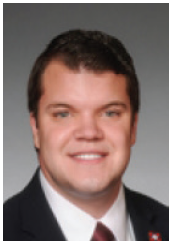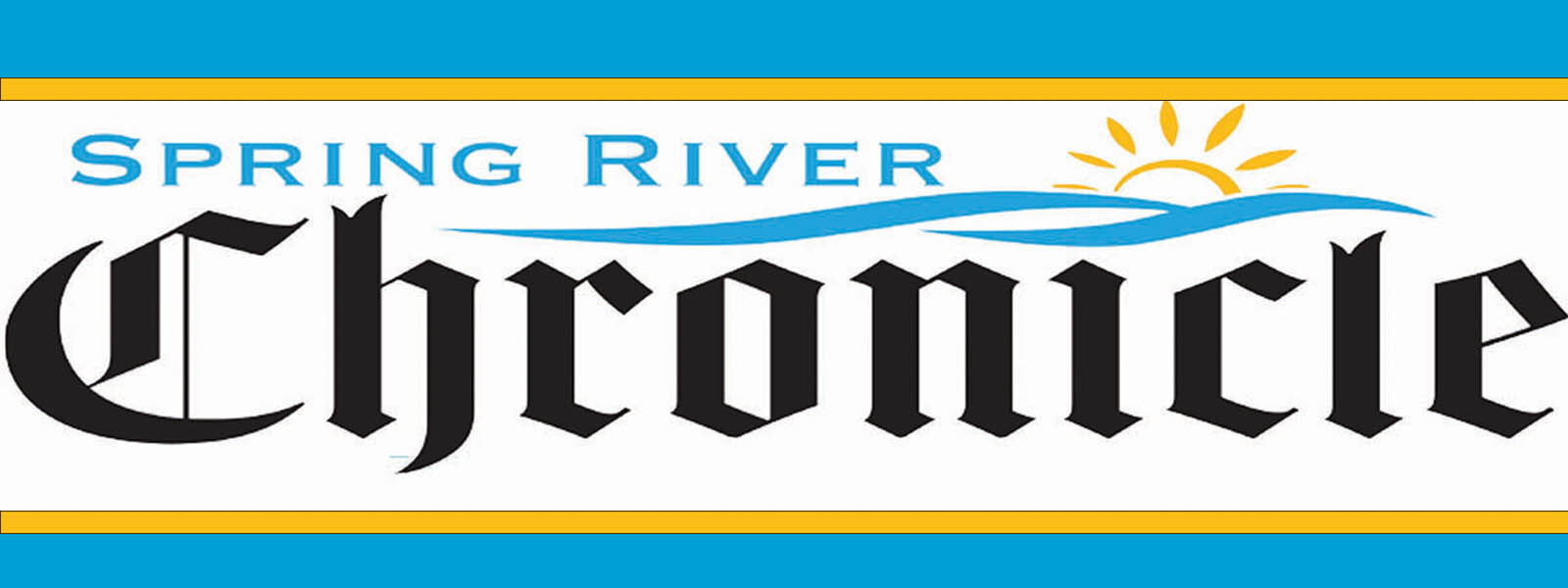James Sturch, Arkansas Senator

Funds are now available from the settlement of a massive lawsuit against opioid distributors, and will be awarded to projects that have demonstrated effectiveness in combating the abuse of painkillers.
The Arkansas Opioid Recovery Partnership has set up a website with information about how to apply. It has an advisory board that will review applications. The Partnership’s director previously served as state Drug Director for five years.
The Partnership is a combined effort of the Arkansas Association of Counties and the Arkansas Municipal League, which joined in the litigation against opioid distributers.
Arkansas was awarded $216 million in the settlement. That money will be divided evenly between cities, counties and the state and will be gradually paid out over the next 18 years. The settlement was announced a year ago, after four years of litigation that resulted in a $26 billion settlement that will be distributed nationally.
So far, Arkansas has received about $10 million from the first stage of the settlement. At a recent news conference the Partnership director said that more settlements with other pharmaceutical companies may increase the total amount Arkansas gets from lawsuits over opioid sales.
The dispensing rate for opioids is very high in Arkansas. In Arkansas in 2022, for every 100 people in the state more than 80 prescriptions were filled. That is an improvement over 2018, when more than 93 prescriptions for painkillers were prescribed for every 100 Arkansas residents.
The dispensing rate was even higher in some counties. In 2018, in Garland County 126 prescriptions were dispensed for every 100 residents.
The number of people who have died from an overdose increased from 180 in 2019 to 261 in 2020 and 371 in 2021.
The fatal overdoses are not caused just by abuse of illegal drugs, but are commonly from abuse of legal prescriptions. Arkansas is second in the nation, behind Alabama, in the overprescribing of prescription opiods.
After states and local governments joined in lawsuits against major drug companies, the prescribing of opiods tapered off between 2012 and 2020, when dispensing rates fell to the lowest level in 15 years.
However, even after the decline, 3.6 percent of all counties in the United States had a dispensing rate of more than one prescription of painkiller for each resident in the county.
Nationwide, the dispensing rate has gone down from a peak in 2012 of 81.3 prescriptions for every 100 people. In 2020 the national rate was 43.3 prescriptions for every 100 people.
One announced goal of the Partnership is to make Naloxone more available among first responders and groups that work to abate opioid abuse. It is a drug that reverses the effects of an overdose.
The 12-member advisory board includes a school board president, a county judge, a mayor, a physician whose specialty is pain medicine, a retired police chief, sheriff, a grant writer, staff and former staff of opioid abatement projects and an attorney knowledgeable about the settlement of the opioid lawsuit.
The board also has representatives from the Municipal League and the Association of Arkansas Counties.
